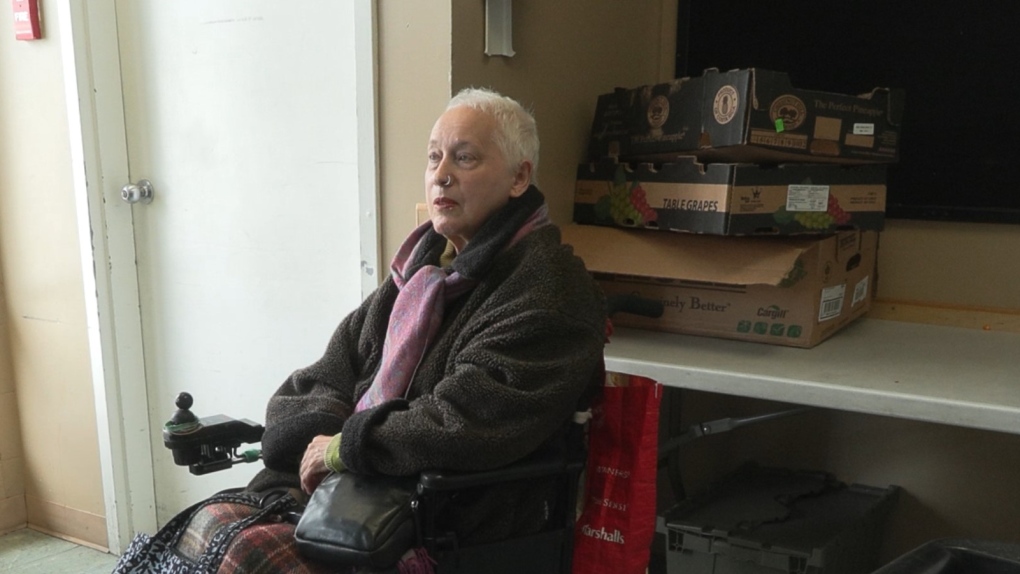Penn-Ceelynn Penny is a retired senior citizen who comes to the Mustard Seed Food Bank in downtown Victoria once a month to buy groceries.
“The pay isn't what it used to be,” Penny said.
As inflation rises, she is not alone.
“A lot of the public doesn't realize how many people rely on this resource,” she said.
Food Banks Canada says numbers are rising across the country, especially in B.C.
The national charity released its poverty report last week, giving British Columbia a D+ grade for the second year in a row, with findings including that almost half of those surveyed feel “worse off” than last year.
“Times are tough right now,” said Emily Parimaka, Mustard Seed's director of food security, adding that the company's customer base has grown about 30 percent from last year.
“They have their homes and a fairly stable source of income, but the cost of living has become almost unbearable,” Parimaka said.
The report found that British Columbia's food insecurity rate is about 22 percent, enough to give the province a failing grade, and that the poverty rate is 11.6 percent, compared to the national average of 9.9 percent.
“Right now we're giving out 1,400 to 1,500 meals a day,” said Grant MacKenzie of Our Place Society, another organization helping those in need in B.C.'s Capital Region.
Each week, several new customers arrive for meals because “they simply don't have the budget to pay rent and food,” MacKenzie said.
Housing costs in British Columbia, one of Canada's most expensive housing markets, continued to outpace the national average last year, rising 6.4 per cent compared to 6 per cent nationally. British Columbia rents rose 8.6 per cent compared to the national average of 7.7 per cent.
There is one bright spot, according to the report: British Columbia received a B for its legislative process to fix its housing crisis.
But those on the frontline in Victoria are finding it hard to be optimistic.
“Inflation seems to be pretty much out of control and that's what we're hearing from our customers and local residents,” Parimaka said.
Asked if the situation seemed to be improving, she gave a pragmatic answer: “Absolutely not.”
Penny agreed.
“I've seen it get worse over the last few years, not better,” she said, adding that she can't imagine having to go to a food bank every month to get by.



